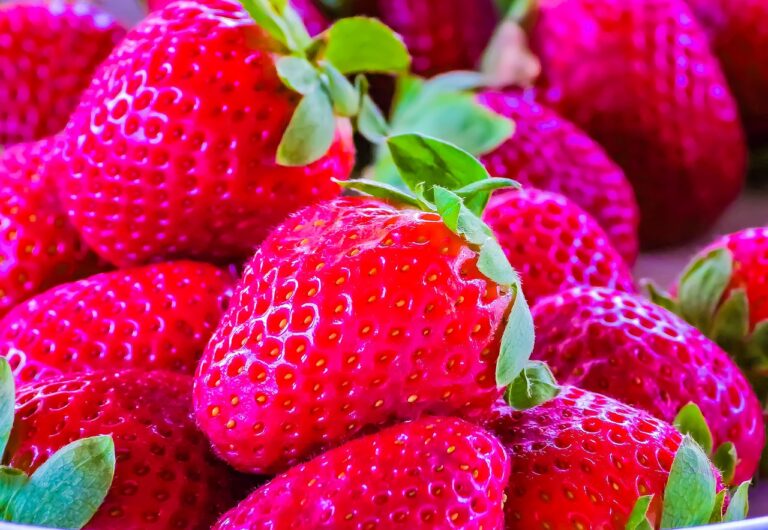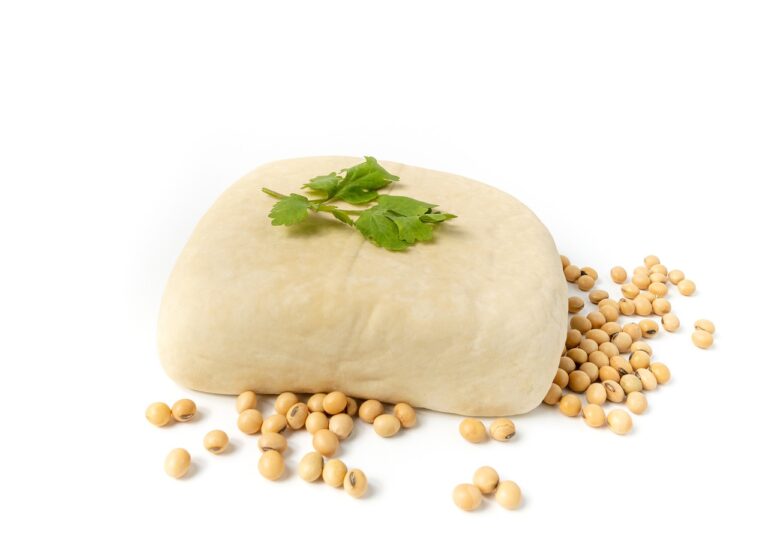Enhancing Agricultural Sustainability with Precision Farming Techniques: Betbook250 login, 11xplay pro, Yolo247.com login
betbook250 login, 11xplay pro, yolo247.com login: Enhancing Agricultural Sustainability with Precision Farming Techniques
In today’s ever-changing climate and growing global population, the need for sustainable agriculture practices is more critical than ever. One way farmers are achieving this is through the implementation of precision farming techniques. By utilizing technology and data-driven decision-making, farmers can optimize resources, increase yields, and minimize environmental impact.
What is Precision Farming?
Precision farming, also known as precision agriculture, is a farming management concept that uses technology to ensure crops and soil receive exactly what they need for optimal health and productivity. This approach involves collecting data through sensors, GPS technology, and drones to make informed decisions about planting, watering, fertilizing, and pest control.
Benefits of Precision Farming
1. Increased Yields: By analyzing data on soil quality, weather patterns, and crop health, farmers can make adjustments to their practices to maximize yields.
2. Resource Efficiency: Precision farming helps farmers use resources like water, fertilizer, and pesticides more efficiently, reducing waste and environmental impact.
3. Cost Savings: By reducing inputs and optimizing resources, farmers can save money on fuel, labor, and materials, leading to increased profitability.
4. Environmental Sustainability: Precision farming practices help reduce chemical runoff, soil erosion, and greenhouse gas emissions, promoting a more sustainable farming system.
5. Enhanced Decision-Making: With real-time data and analytics, farmers can make more informed decisions about planting, harvesting, and overall farm management.
Implementing Precision Farming Techniques
1. Soil Sampling: Analyzing soil samples can provide valuable information about nutrient levels, acidity, and overall soil health, helping farmers make informed decisions about fertilizer application.
2. Remote Sensing: Using drones or satellite imagery, farmers can monitor crop health, pest infestations, and irrigation needs from above, allowing for targeted interventions.
3. GPS Technology: GPS-guided tractors and equipment can help farmers plant seeds, apply fertilizer, and harvest crops with precision, reducing overlaps and waste.
4. Variable Rate Technology: This technology allows farmers to vary input application rates based on specific field conditions, maximizing resource efficiency and crop yields.
5. Data Management: Collecting and analyzing data on weather, soil health, crop growth, and more can help farmers identify trends and make data-driven decisions for their operations.
6. Precision Irrigation: Using sensors and automation, farmers can adjust irrigation levels based on soil moisture levels, weather forecasts, and crop needs, reducing water waste and improving plant health.
FAQs
Q: Is precision farming only suitable for large-scale operations?
A: While precision farming technologies can be expensive to implement, they can be scaled to fit operations of all sizes, from small family farms to large commercial operations.
Q: Can precision farming practices be adopted in developing countries?
A: Yes, precision farming techniques can be adapted to fit the needs and resources of farmers in developing countries, helping them increase yields and sustainability.
Q: What are the potential challenges of precision farming?
A: Some challenges include the initial cost of technology, data privacy concerns, and the need for training and expertise to implement and maintain these advanced systems.
In conclusion, precision farming techniques offer a promising solution for enhancing agricultural sustainability in the face of growing challenges. By harnessing the power of data and technology, farmers can optimize resources, increase yields, and reduce environmental impact, paving the way for a more sustainable future in agriculture.







